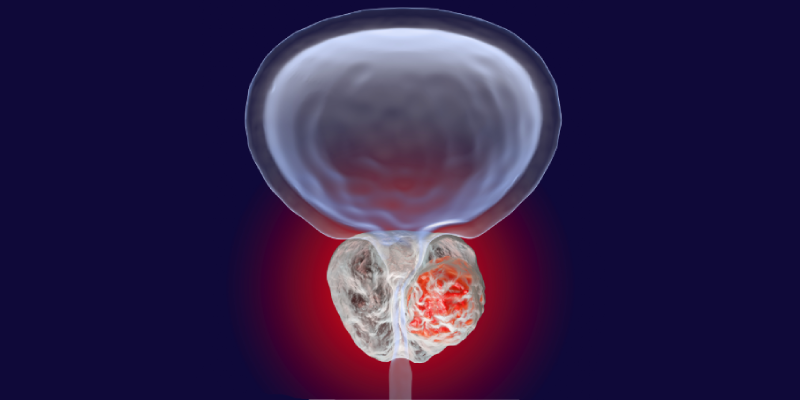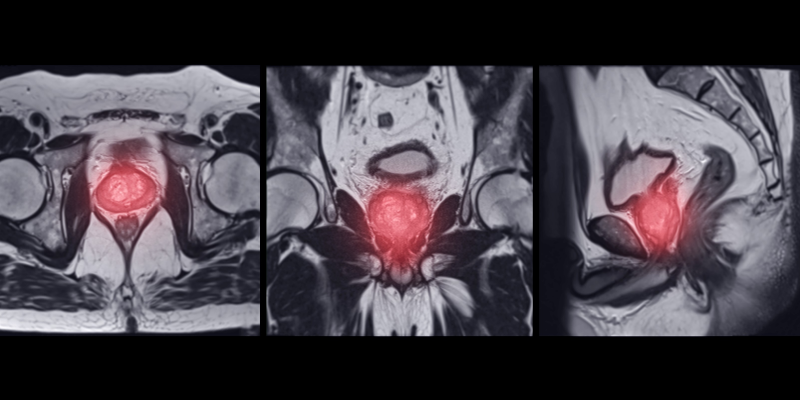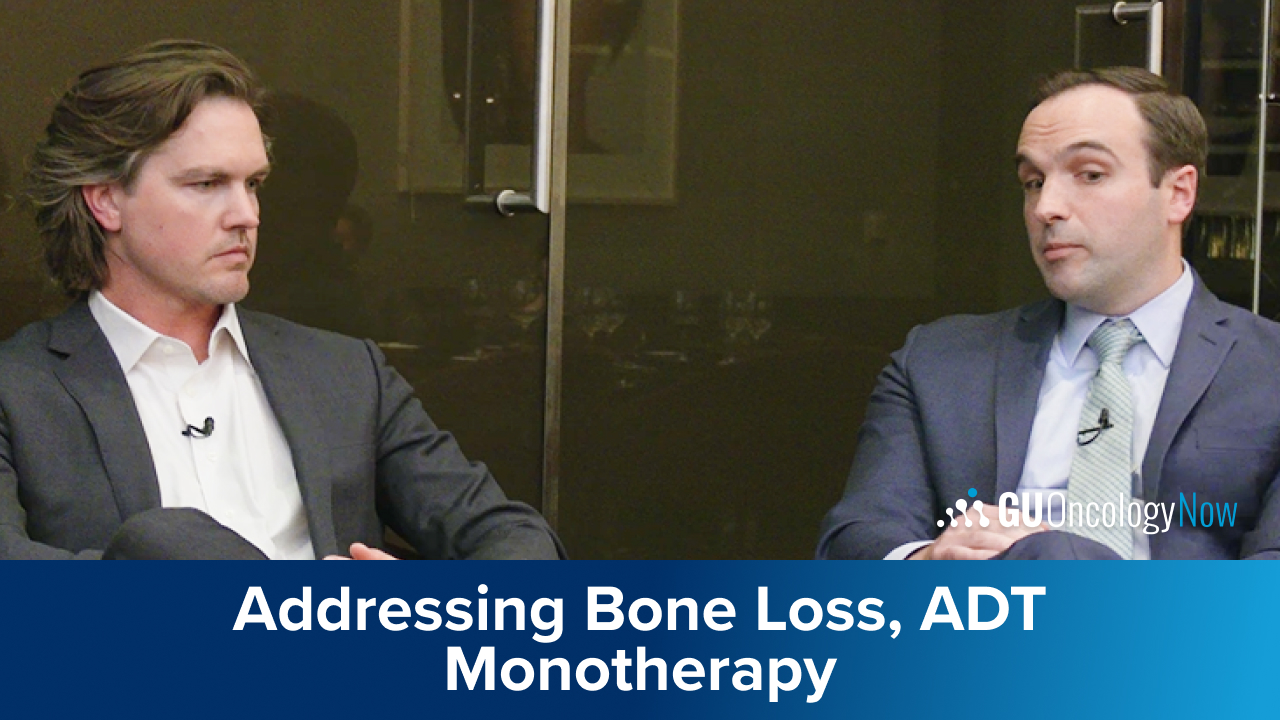Prostate Cancer
Advertisement
Drs. Karine Tawagi and Samantha Armstrong share their thoughts on ARANOTE, Metacure, and more.
18F-flotufolastat-PET can help determine severe hematologic toxicity in patients with mCRPC who are treated with 177Lu.
Researchers evaluated the addition of zoledronic acid to the standard treatment of enzalutamide and ADT.
Dr. Evan Kovac speaks about his pioneering work with extended reality display technology in urologic surgery and education.
Drs. Wulff-Burchfield and Beckermann offer perspective on how patient-driven science is shaping QOL measurement.
Drs. Wulff-Burchfield and Beckermann share how they help GU patients make informed, personalized treatment decisions.
Drs. Wulff-Burchfield and Beckermann discuss how GU oncologists can build trust and deepen patient connections.
The use of MRI-based monitoring can aid in the avoidance of repeat biopsies, and reduce the chances of undergoing surgery.
Dr. Canes discusses the formation of the WellPrept delivery platform and how it aims to boost patient education.
Drs. Swami and Ciuro discuss real-world data that indicates a shift in mHSPC treated with intensified therapy since 2023.
The panel concludes with a discussion on how recent Medicare Part D reforms have capped patient out-of-pocket costs.
The panel transitions to role of bone-protecting agents, highlighting the importance of baseline DEXA scans.
The panel weighs some more nuanced decision-making for selecting among androgen receptor pathway inhibitors.
The panel delves into the nuanced decision-making around using doublet versus triplet systemic therapy in mHSPC.
The panel considers the challenges of applying trial data based on conventional imaging to today's PSMA PET-guided staging.
The panel explores the decision-making around offering RP to patients with borderline or undetected mHSPC on PSMA PET.
Radium 223 is recommended for patients with symptomatic bone-only disease.
The panel discusses the role of PSMA PET imaging in staging and managing mHSPC, highlighting insurance barriers and more.
Mohummad Siddiqui, MD, discusses his work with the Commission on Cancer and their development on standards of care.
John P. Sfakianos, MD, discusses the history and use of ctDNA in the GU oncology field.





















 © 2025 Mashup Media, LLC, a Formedics Property. All Rights Reserved.
© 2025 Mashup Media, LLC, a Formedics Property. All Rights Reserved.